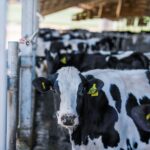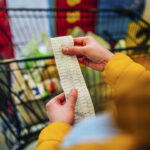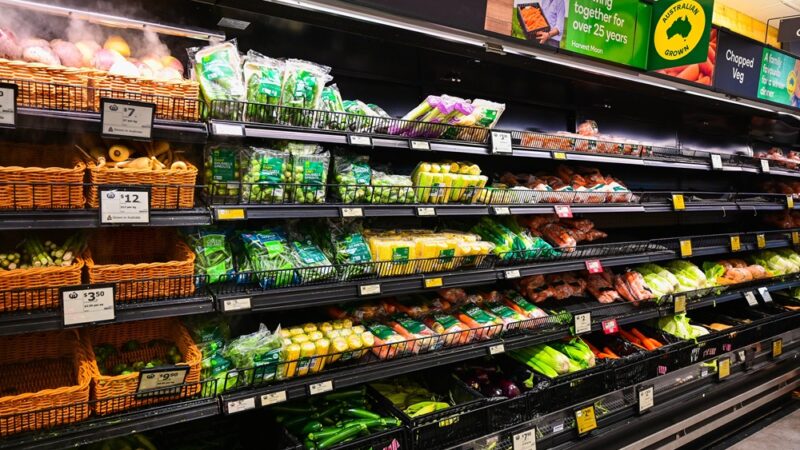The enduring supermarket power play and the impact this has had on the dairy, horticulture,…
CHOICE releases first quarterly report on supermarket prices
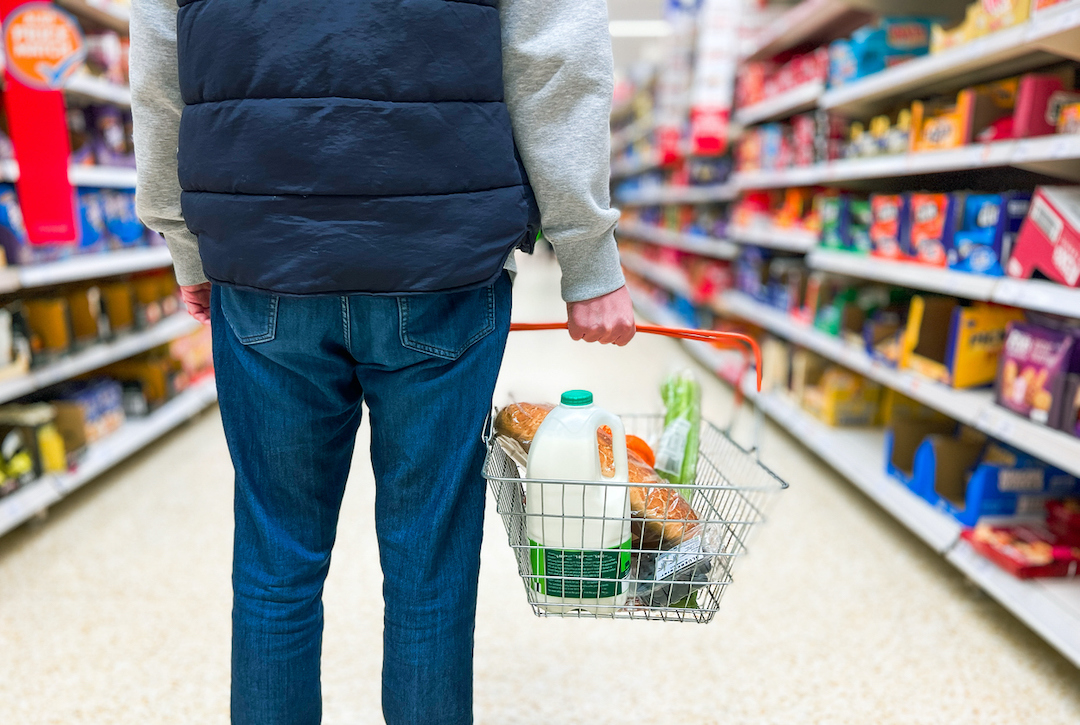
New research finds less than a dollar separates the big two supermarkets, while Aldi has the cheapest groceries nationwide.
Consumer group CHOICE has released its first quarterly, government-funded report on supermarket prices across Australia.
As part of the research, CHOICE sent mystery shoppers to 81 regional and metropolitan supermarkets across the country, including Aldi, Woolworths, and Coles, to record prices for 14 common grocery items.
The research revealed Aldi’s basket was about 25 per cent cheaper than baskets at Coles or Woolworths.
“Aldi was the clear leader on value for money in our first supermarket basket survey for 2024, with our basket of 14 products costing just $51.51 – coming in at about 25% cheaper than Coles or Woolworths,” CHOICE CEO, Ashley de Silva said.

“Grocery prices at Coles and Woolworths are very closely matched, with only 75 cents separating the prices of our basket of 14 items without specials. Coles was the most expensive at $69.33, while the basket at Woolworths came in at $68.58.”
CHOICE’s supermarket price research was set to continue every quarter for the next three years, helping people to stay on top of where they can find the cheapest groceries.
“We look forward to providing consumers across the country with clear, reliable information about supermarket prices. This kind of transparency is more important than ever as the cost-of-living crisis continues, and prices of basic grocery items climb,” Mr de Silva said.
Scrutiny increases
It comes after an extensive campaign from NSW Farmers to shine a light on the extreme power imbalances felt by farmers in the food supply chain sparked several inquiries into pricing practices and purchasing methods.
Earlier this year, NSW Farmers warned Australia could be unable to feed itself while farmers would be driven out of business unless radical action was taken to reform the supermarket retail sector.

At a Senate Select Committee investigation into the factors driving soaring supermarket prices, NSW Farmers Vice President Rebecca Reardon said ultimately Australia�s food security was at stake, continuing calls for meaningful competition reform until fair prices for farmers and families were achieved.
�It�s farmers � not the supermarkets � who are the real fresh food people, and if the market dominance of these big two supermarkets means farmers struggle to make a living, we could very well see a future where Australia can no longer feed itself,� Mrs Reardon said.
�This would be terrible not only for Australian farmers and for families right across the country, but also for the tens of millions of people overseas who rely on the food we grow and export.
�We can�t afford to miss the opportunity to solve this problem that has been in the �too hard� basket for too long.�
Six recommendations to the inquiry for reforming the supermarket sector were put forward by NSW Farmers ahead of the hearing, which was held at Orange in the state�s central west on Tuesday.
�We have proposed a constructive, considered approach to overhauling the sector, starting with making the Food and Grocery Code of Conduct mandatory and more enforceable with real penalties for its breach,� Mrs Reardon said.
�Increasing price transparency, developing options to add new supermarket competitors, and introducing divestiture powers to correct gross market power imbalances are just some of the other recommendations we have put forward.
�The gross profit margins of supermarkets are only continuing to increase, so there must be controls in place to not only identify any unfair pricing practices, but actually bring these to account.�
As the inquiry continued, Mrs Reardon said significant changes to competition law and policy were essential if effective outcomes for farmers and consumers were to be secured.
�In recent times, we�ve seen governments in Canada and New Zealand drive significant competition reform within their retail sectors � and we must do the same if we want healthy, home-grown food on Australian dinner tables,� Mrs Reardon said.
�Unless there is real and complex reform to how we govern these supermarket superpowers, we will continue to lose farmers and Australia will one day wake up to discover it can no longer feed itself.�
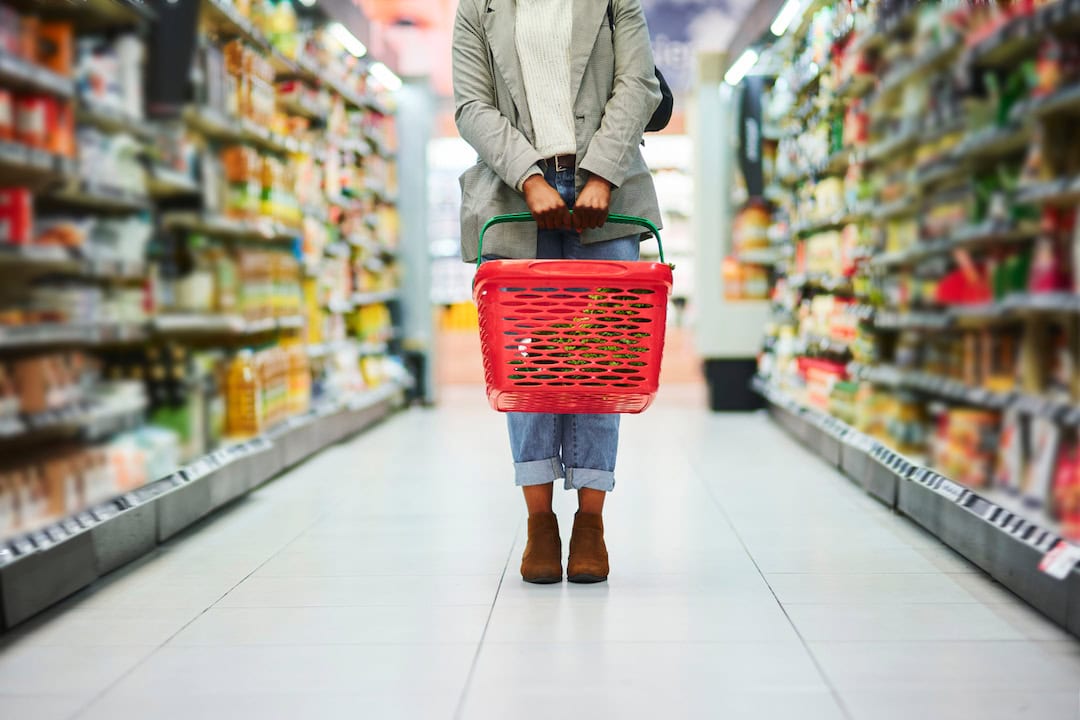
Grocery basket items
CHOICE�s full grocery basket consisted of 14 items, 12 of which were packaged products, either national brand or comparable supermarket brand/budget brand options (including beef mince and milk), with two fresh fruit and vegetable items (apples and carrots) completing the list:
- Apples
- Carrots
- Weet-Bix
- Sliced white bread
- Flour
- Penne
- White sugar
- Tea bags
- Tinned diced tomatoes
- Block of tasty cheese
- Full-cream dairy milk
- Frozen peas
- Beef mince
- Butter


